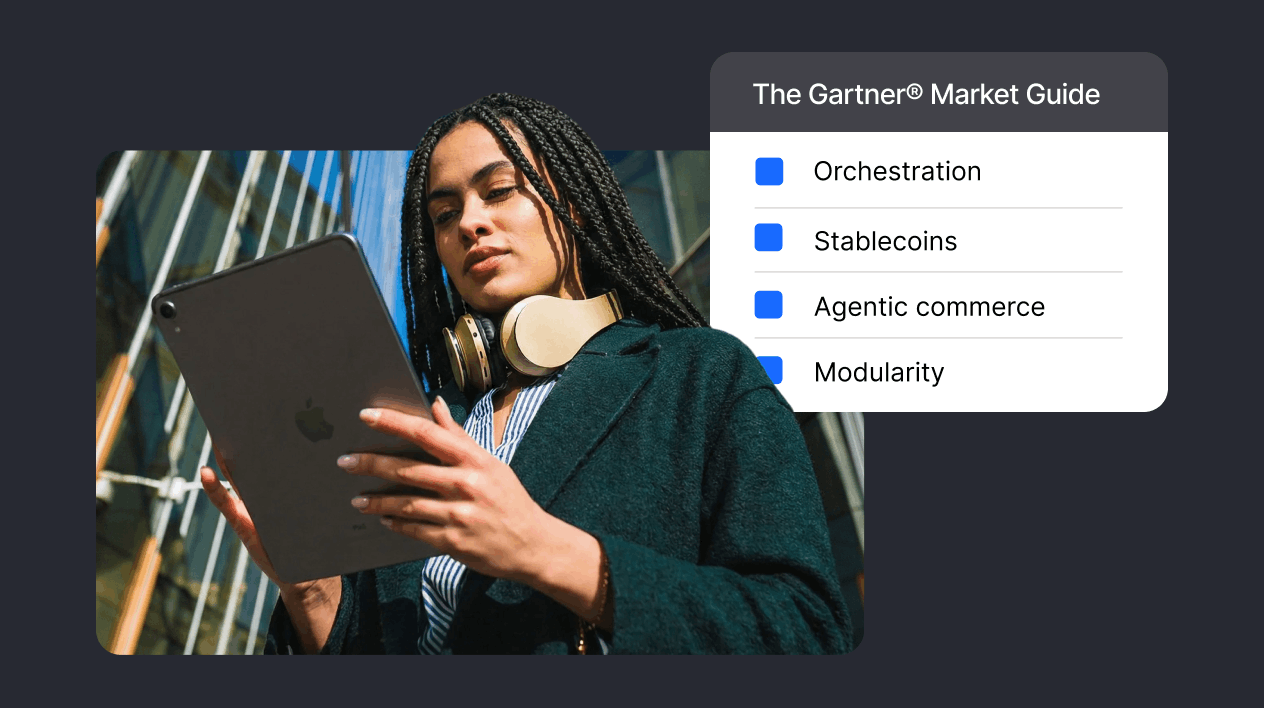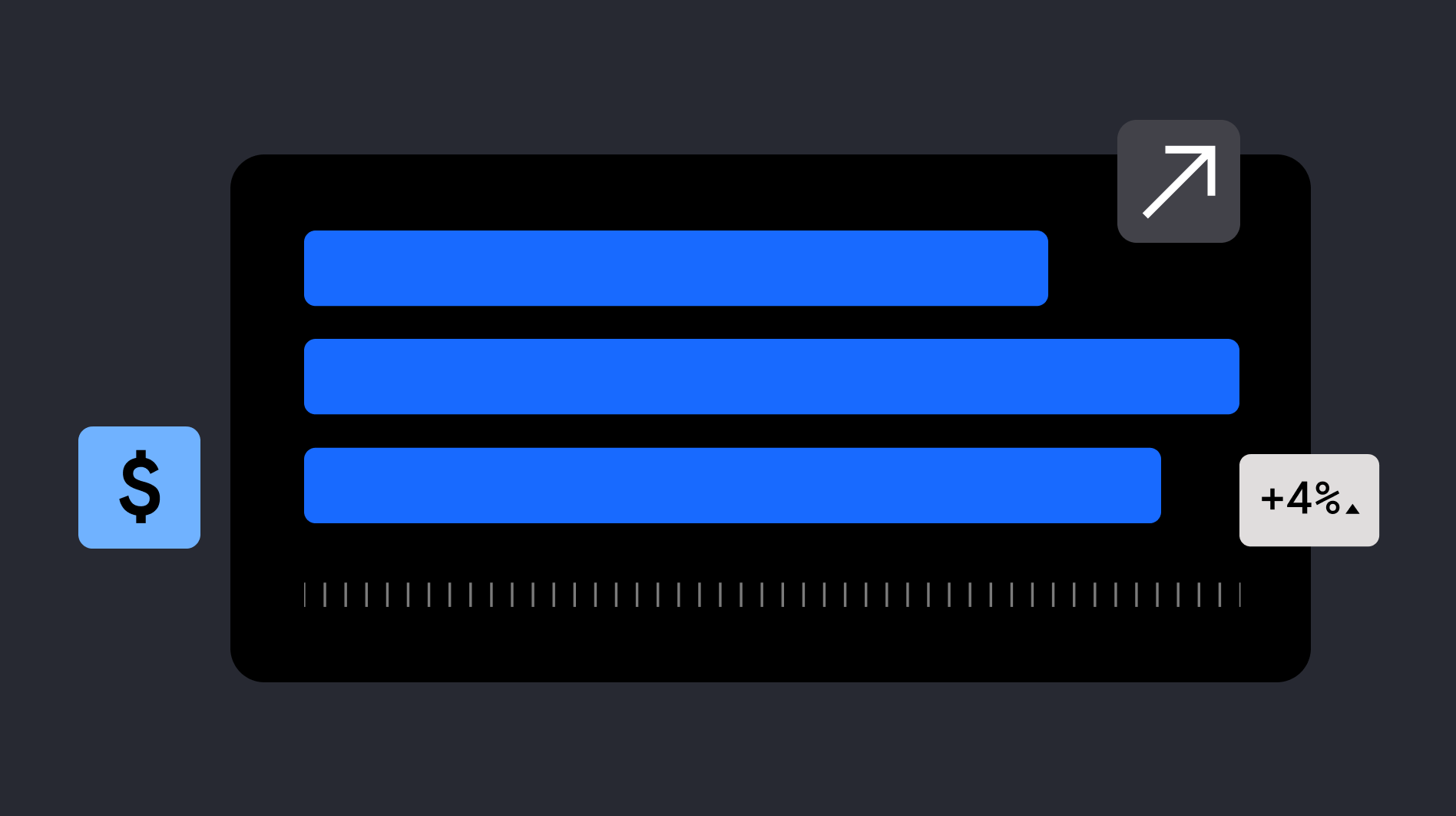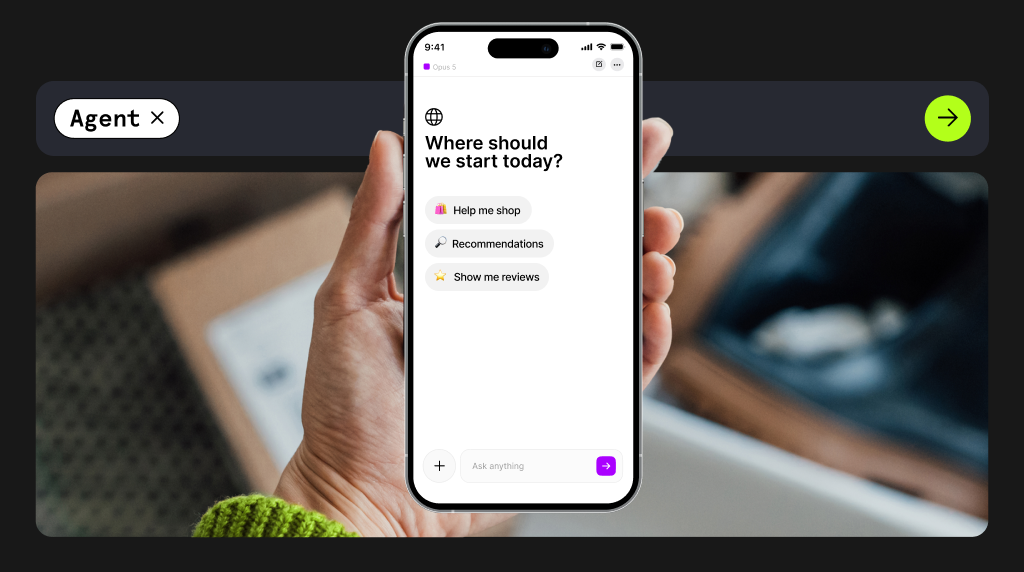When a dispute happens between you, the merchant, and a customer, you need to act fast to resolve the situation before it gets escalated to a chargeback.
Rapid Dispute Resolution (RDR) is that quick response solution - a platform that helps merchants avoid chargebacks, improve customer relationships, and automatically resolve disputes.
You can’t avoid disputes entirely, but with RDR, you can be proactive about responding and minimizing their impact, which frees up internal resources to direct towards more important strategic initiatives.
Below, we explain RDR, how it works, the benefits of RDR for merchants, and how you can use it to reduce your chargebacks with Checkout.com.
What is Rapid Dispute Resolution?
Offered in partnership with Verifi, Rapid Dispute Resolution (RDR) is a platform that helps merchants automatically resolve disputed Visa transactions before they become chargebacks.
RDR can be used to resolve both fraud and non-fraud payment disputes, and, while it only applies to Visa transactions, it supports multiple issuing banks.
Merchants can use RDR via their payments processing platform to bring down their chargeback ratio, improve customer experience, and reduce their administrative load.
How does Rapid Dispute Resolution work?
Disputes occur whenever a customer (legitimately or otherwise) claims that they don’t recognise a transaction in their bank account or that they have been fraudulently charged.
If the customer is successful, the merchant has to issue a chargeback, losing the sale and paying a chargeback fee to the acquirer. If the merchant’s chargeback ratio becomes sufficiently high, they may be placed on the Visa Dispute Monitoring Program (VDMP), which, if they don’t manage to bring their chargebacks down within a particular time frame, could result in severe financial penalties.
Even if the merchant wins the dispute, the time and effort spent submitting evidence and going back and forth with issuers and acquirers can be seriously disruptive to daily operations.
That’s where RDR comes in. If you’re enrolled in RDR, you can define rules that automatically move eligible disputes into a pre-dispute stage and issue a quick refund to the cardholder. These refunds are not counted as chargebacks and, rather than the months it can take via the dispute route, the customer gets their money back within a couple of days.
RDR rules are completely customizable, so you can tailor them to your preferences and risk appetite. For example, you could choose to accept all fraud disputes or only accept those under $100 in value. You can even define rules around specific currencies and risk scores.
Benefits of Rapid Dispute Resolution
The key benefits of RDR are:
- Save time - challenging customer disputes involves a lot of time and effort spent gathering and presenting evidence and communicating with issuers and acquirers. And after all that, you might not even win. With RDR, disputes can be automatically resolved without any need for you to intervene. That frees up you and your team to spend on more rewarding strategic tasks
- Save money - as well as the immediate saving made on not having to pay a chargeback fee, because RDR avoids disputes from escalating to chargebacks, it helps you to avoid the possibility of being placed on, and then incurring financial penalties from, the VDMP. These penalties come into effect if you surpass the sales-to-chargeback ratio threshold and then fail to bring your ratio down again within four months
- Improve customer experience - according to our data, the average dispute closure time is between 37 and 41 days. That’s a long time to wait for a refund. In contrast, with RDR, transactions can be resolved, and the customer can receive a refund, within 3 to 4 days. This results in a much better customer experience and reduces the chance that your relationship with your customer will be irreparably damaged by a dispute
- Easy to implement - with Checkout.com, no additional integration is needed to implement RDR. Once you’re enrolled, you can manage your entire dispute strategy through our platform
What types of merchants is Rapid Dispute Resolution a good fit for?
As long as they accept Visa transactions, RDR is a good fit for a wide range of merchants and scenarios.
For example:
- Merchants with high chargeback ratios - by preventing disputes turning into chargebacks, RDR can help merchants quickly bring down their chargeback ratios before they are placed on monitoring programs or before they incur financial penalties
- Merchants who often lose chargeback disputes - consumers are usually favored during disputes. So, rather than spending time and effort finding and presenting evidence challenging cases that you’re likely to end up losing, RDR resolves the issue quickly, saving you time and money
- Merchants without internal resources to represent disputes - representing disputes can be challenging if you have limited internal resources, but conceding a dispute will result in a refund, fees, and another dispute added to your sales-to-chargeback ratio. RDR allows you to be proactive about resolving disputes and keeping your les-to-chargeback ratio low
- Merchants in high risk industries - merchants in high risk industries have a higher chance of experiencing chargebacks. RDR can help even these merchants keep their les-to-chargeback ratio below the Visa threshold
- Merchants with a lower ATV - if merchants have a high average transaction value, they have more to lose if they automatically issue refunds via RDR, and are therefore more likely to devote resources to representing disputes. That’s why it makes more financial sense for merchants with lower ATV to implement RDR
Use Rapid Dispute Resolution to reduce chargebacks with Checkout.com
Resolve disputes quickly, manage customer relationships, and avoid chargebacks with RDR from Checkout, offered in partnership with Verifi.
Whether your chargeback ratio is climbing dangerously high or you lack the internal resources to challenge disputes, with Checkout.com, you have the flexibility to define rules that work for you.
Find out more about RDR with Checkout.com by speaking to a member of our team.





.jpeg)


%20v1.jpg)


.png)

.png)


